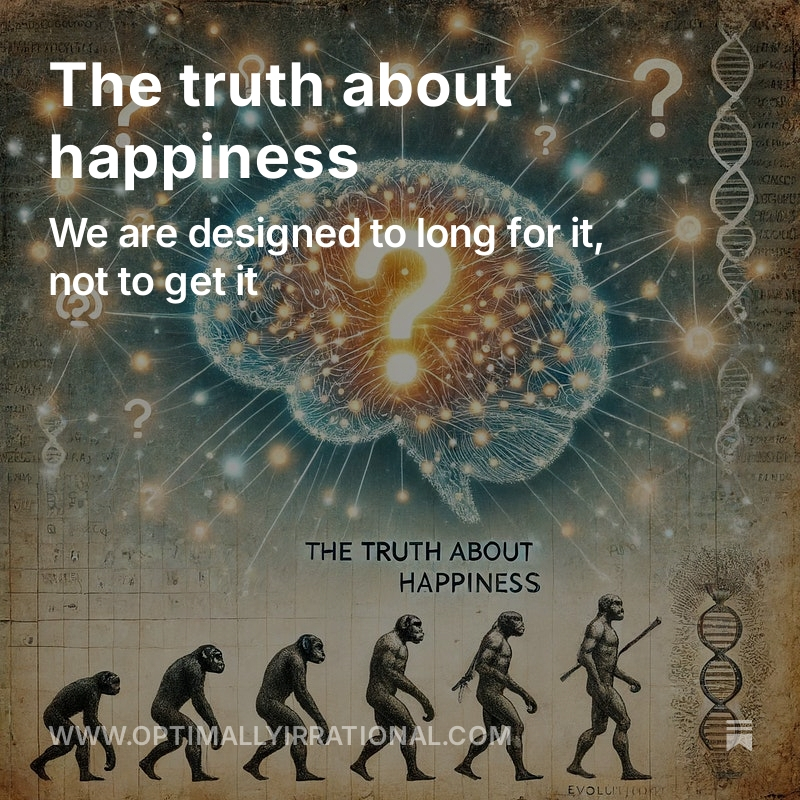How efficient markets are vs how efficient economists believe they are: our paper looking at more than 600 experimental markets is just accepted at @RevOfFinStudies!
We found economists likely believe markets are much more efficients than they are! 1/n
papers.ssrn.com/sol3/papers.cf…
We found economists likely believe markets are much more efficients than they are! 1/n
papers.ssrn.com/sol3/papers.cf…

Markets are “strongly efficients” if prices reflect *all* the private and public information available.
They are “semi-strongly” efficient if they only reflect all the public information.
Economists tend to think that financial markets are fairly informationally efficient. 2/
They are “semi-strongly” efficient if they only reflect all the public information.
Economists tend to think that financial markets are fairly informationally efficient. 2/
With my colleague Christoph Siemroth, we had previously found that experimental markets’ prices can have seemingly paradoxical properties: they are on average equal to the fundamental value, but they often differ from the existing information! 3/
sciencedirect.com/science/articl…
sciencedirect.com/science/articl…
A simple intuition can account for it: market prices can be *accurate* on average, but *imprecise* in how they reflect the existing information.
Unbiased prices should not be taken as a sign of efficiency. Efficiency also requires for prices to precisely reflect information. 4/
Unbiased prices should not be taken as a sign of efficiency. Efficiency also requires for prices to precisely reflect information. 4/

How could market prices be accurate *and* imprecise? Suppose markets incorporate *some* information randomly. Then prices would act as a kind of poll: they would be unbiased on average, but if limited information goes into prices, they would have a large variance. 5/
We designed a statistical procedure to estimate the average proportion of information which would give the kind of accuracy & precision we observed in prices. We then used this procedure on our market data.
If you had a guess: what proportion do you think we found? 6/
If you had a guess: what proportion do you think we found? 6/
I asked this question in a poll yesterday. The mode of the distribution is 40%-60% of the information.
https://twitter.com/page_eco/status/1307678674720677889
We asked 300 economists who attended Econometric Society meetings and they said on average 71% of information would be incorporated in experimental market prices. Noticeably, the result for financial prices was close: 77%! 



This is the type of answer we would have found reasonable initially but when we ran our analysis, we found... only 10%‼️
We thought there was an error and checked everything but there was no issue in our analysis.
We thought there was an error and checked everything but there was no issue in our analysis.
So we asked the experimental data to colleagues having run similar studies and accumulated observations on more than 600 markets. We found... only between 10%-30% of the private information was incorporated!
Noticeably we find that public information is very well incorporated in prices but not private information. It means market prices may not be that good at aggregating diffuse knowledge in society.
An example are betting markets used to predict... elections.
An example are betting markets used to predict... elections.
This result raise a more fundamental point on price efficiency. Economists like efficient price because it is an equilibrium with rational traders. But this equilibrium is a static concept. It does not say anything about how traders would progressively reveal their information.
Our finding suggests that the process by which traders’ private information would be progressively revealed through their trade may be more difficult than we have assumed.
A big thank to the editor and reviewers for their constructive comments and suggestions. And thanks also to our colleagues who gave us access to their experimental data. It allowed us to reach a sample size rarely reached in experimental economics.
End/
End/
• • •
Missing some Tweet in this thread? You can try to
force a refresh





















